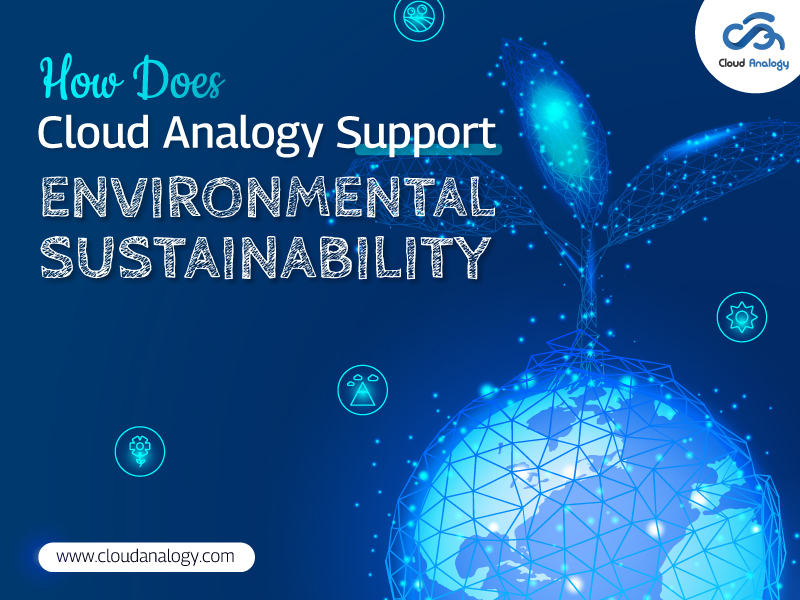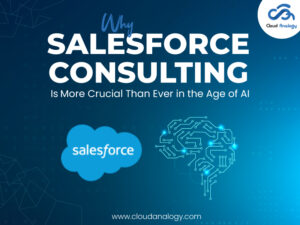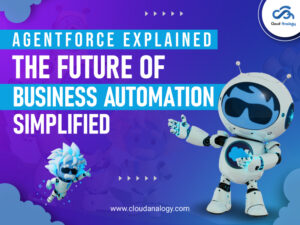Sharing is caring!
We don’t have to engage in grand, heroic actions to participate in change. Small acts, when multiplied by millions of people, can transform the world.” – Howard Zinn
In today’s fast-paced world, businesses hold a huge responsibility not only to drive growth but also to contribute to environmental sustainability.
Cloud Analogy recognizes this responsibility and actively promotes practices that benefit the environment. Through a range of initiatives, we are committed to reducing our ecological footprint while inspiring others to adopt greener habits.
Here’s how Cloud Analogy supports environmental sustainability:
-
- Promoting Plantation Awareness and Earth Day Initiatives
At Cloud Analogy, we believe that sustainability starts with education. We encourage our employees and communities to understand the importance of plantation and the critical role it plays in maintaining ecological balance. In observance of Earth Day and Environmental Day, we actively organize plantation drives and awareness campaigns. These efforts aim to inspire individuals to take responsibility for their environment by planting trees and protecting green spaces, fostering a sustainable future for all.
-
- Reducing Plastic Waste: Cloud Analogy Bottles
Plastic waste is a major environmental concern, and we take significant steps to minimize it in our offices. One of our key initiatives is replacing single-use plastic cups with reusable bottles, provided to every employee at Cloud Analogy. This simple yet effective measure not only reduces the amount of plastic waste generated but also encourages a culture of sustainability within our teams. By promoting reusable alternatives, we aim to drastically cut down on plastic usage and contribute to a cleaner environment.
-
- Best Out of Waste Activities
Cloud Analogy also emphasizes the importance of resource management by promoting “best out of waste” activities. Through workshops and internal events, we educate our employees on how to creatively repurpose waste materials, transforming them into useful products. These activities not only highlight the importance of recycling but also encourage innovation in reducing waste. By turning waste into something valuable, we help minimize the burden on landfills and contribute to a more sustainable lifestyle.
-
- Saving Electricity: Natural Light and Solar Energy
Conserving energy is another critical part of Cloud Analogy’s sustainability strategy. At our Kurukshetra office, we promote the use of natural light over artificial lighting during the day. The building’s design maximizes sunlight exposure, reducing the need for electrical lighting and minimizing our electricity footprint. Additionally, we are committed to exploring the use of solar energy to further cut down on reliance on conventional power sources. By reducing our electricity consumption, we contribute to lowering overall energy demand and reducing greenhouse gas emissions.
-
- Social and Corporate Awareness as Part of Yearly Engagement
Raising awareness is a vital component of our sustainability efforts. Cloud Analogy incorporates environmental and social responsibility into our annual engagement routines. We organize corporate events, social media campaigns, and internal discussions to foster a culture of sustainability. These efforts help ensure that our employees, clients, and partners are aware of environmental issues and are motivated to take action in their personal and professional lives.
-
- Collaboration with NGOs and Local Communities
As part of our long-term sustainability plans, Cloud Analogy will strengthen collaborations with non-governmental organizations (NGOs) and local communities. By partnering with environmental organizations, we aim to support initiatives such as reforestation, wildlife protection, and clean water projects. Our goal is to create a greater social impact by not only contributing to these causes financially but also engaging our employees in hands-on volunteer work.
-
- Sustainable Product Development
Cloud Analogy is exploring opportunities to create sustainable products and services that support our clients’ environmental goals. By integrating eco-friendly practices into our development process, we aim to reduce the environmental impact of the solutions we offer. This includes optimizing our software to be energy-efficient, reducing data processing power where possible, and exploring cloud computing practices that minimize energy consumption.
Conclusion
Cloud Analogy is dedicated to leading the way in environmental sustainability through a range of impactful initiatives that emphasize responsible consumption, waste reduction, and heightened social awareness. By actively promoting practices such as reducing plastic waste, conserving energy, and championing corporate responsibility, we strive to set a benchmark for sustainable business operations. Our vision extends beyond minimizing our own environmental footprint—we aim to inspire and empower businesses and individuals alike to embrace sustainability, ultimately contributing to a cleaner, greener future for generations to come.











